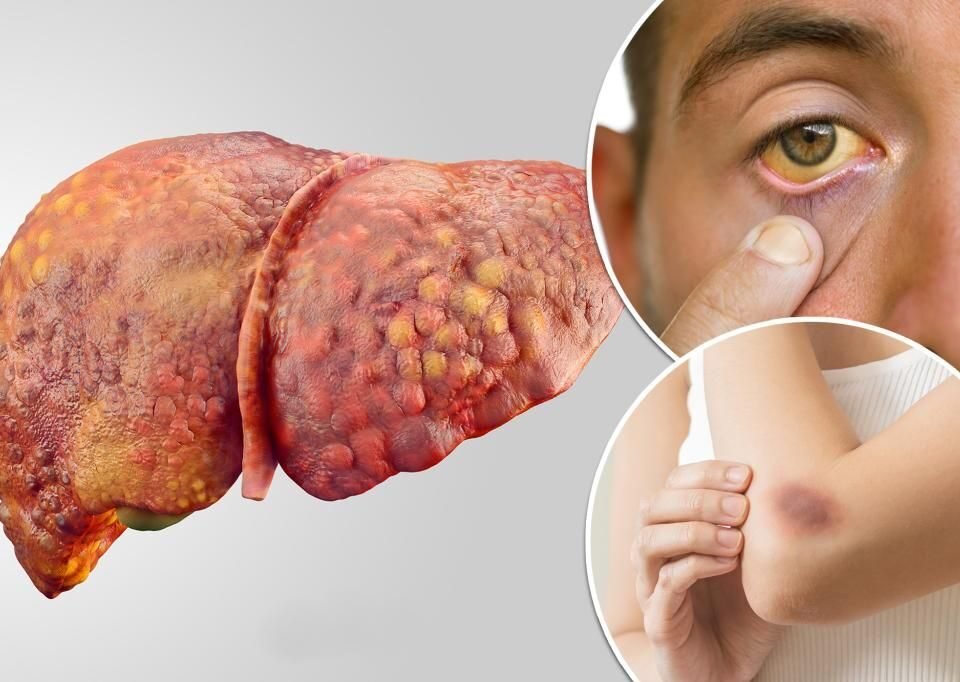- Gurgaon Pataudi Road, Near Laxmi Furniture, Sector - 89, Gurugram - 122004 INDIA
- +91- 8826447707
- 0124500099
- amanhospital1829@gmail.com
Dengue Symptoms and Tips by Dr. Sumit Malhotra

Karwa Chauth & Pregnancy: Do’s and Don’ts
September 26, 2025
Fatty Liver Symptoms: Early Warning Signs You Should Not Ignore
February 9, 2026Dengue fever is a mosquito-borne viral infection that affects thousands of people every year, especially during the monsoon season. According to Dr. Sumit Malhotra, early detection and proper care can prevent complications and ensure a faster recovery. Here’s everything you need to know about dengue — from symptoms to prevention.
What Is Dengue Fever?
Dengue is caused by the dengue virus, transmitted through the bite of an infected Aedes aegypti mosquito. It is common in tropical and subtropical regions, including many parts of India. The infection can range from mild flu-like illness to severe dengue, which can be life-threatening if untreated.
Common Symptoms of Dengue
Dr. Malhotra highlights that dengue symptoms usually appear 4 to 10 days after a mosquito bite. The signs can vary from person to person but commonly include:
- High fever (up to 104°F)
- Severe headache
- Pain behind the eyes
- Muscle and joint pain (“breakbone fever”)
- Fatigue and weakness
- Skin rash appearing after a few days of fever
- Nausea or vomiting
- Mild bleeding from gums or nose
In severe cases, patients may experience:
- Severe abdominal pain
- Persistent vomiting
- Rapid breathing
- Blood in stool or vomit
- Fatigue and restlessness
If these symptoms appear, immediate medical attention is necessary.
Diagnosis and Medical Care
Dr. Sumit Malhotra recommends consulting a doctor as soon as dengue is suspected. Diagnosis is confirmed through blood tests that detect the virus or antibodies.
There is no specific antiviral treatment for dengue, but timely medical support can control symptoms and prevent complications.
Treatment usually includes:
- Rest and hydration
- Paracetamol for fever and pain relief (avoid ibuprofen or aspirin)
- Regular monitoring of platelet counts
- Hospital care for severe cases
Dr. Malhotra’s Tips to Prevent Dengue
Since dengue spreads through mosquitoes, prevention is the most effective approach.
Here are Dr. Malhotra’s practical tips:
1. Prevent Mosquito Breeding
- Empty and clean water containers regularly.
- Don’t let water stagnate in coolers, pots, or buckets.
- Keep drains clean and covered.
2. Protect Yourself from Bites
- Use mosquito repellents and nets.
- Wear full-sleeved clothing, especially during early morning and evening.
- Use mesh screens on windows and doors.
3. Strengthen Immunity
- Eat a balanced diet rich in vitamin C, iron, and fluids.
- Stay hydrated — drink plenty of water, coconut water, and fresh juices.
- Get adequate rest to boost the immune system.
4. Avoid Self-Medication
Never take medicines without consulting a doctor. Certain drugs can increase the risk of bleeding.
When to Visit a Doctor
Visit Dr. Sumit Malhotra or your nearest healthcare professional if you experience:
- Persistent high fever for more than 2 days
- Severe body pain and fatigue
- Signs of dehydration or bleeding
Early medical consultation helps prevent dengue from turning severe.
Final Thoughts
Dengue can be dangerous, but with awareness and timely care, it’s completely manageable. Dr. Sumit Malhotra emphasizes the importance of prevention, early diagnosis, and proper hydration as the three golden rules to beat dengue. Stay alert during the mosquito season and take small steps daily to protect your family’s health.
Frequently Asked Questions (FAQs)
1. How can I tell if my fever is due to dengue?
If your fever is accompanied by severe headache, joint pain, rash, or pain behind the eyes, consult a doctor immediately. A blood test is the only way to confirm dengue.
2. Can dengue spread from person to person?
No. Dengue does not spread directly from one person to another. It spreads only through the bite of an infected Aedes mosquito.
3. What foods help in recovering from dengue?
Eat foods rich in vitamin C, iron, and fluids—like papaya leaf extract, coconut water, fruits, and soups—to boost platelet count and immunity.
4. When should I visit the hospital for dengue?
If you experience persistent vomiting, abdominal pain, bleeding gums, or fatigue, seek immediate medical attention. These are warning signs of severe dengue.
5. How can I protect my family from dengue?
Use mosquito repellents, wear full-sleeved clothes, cover water containers, and keep your surroundings clean to prevent mosquito breeding.



